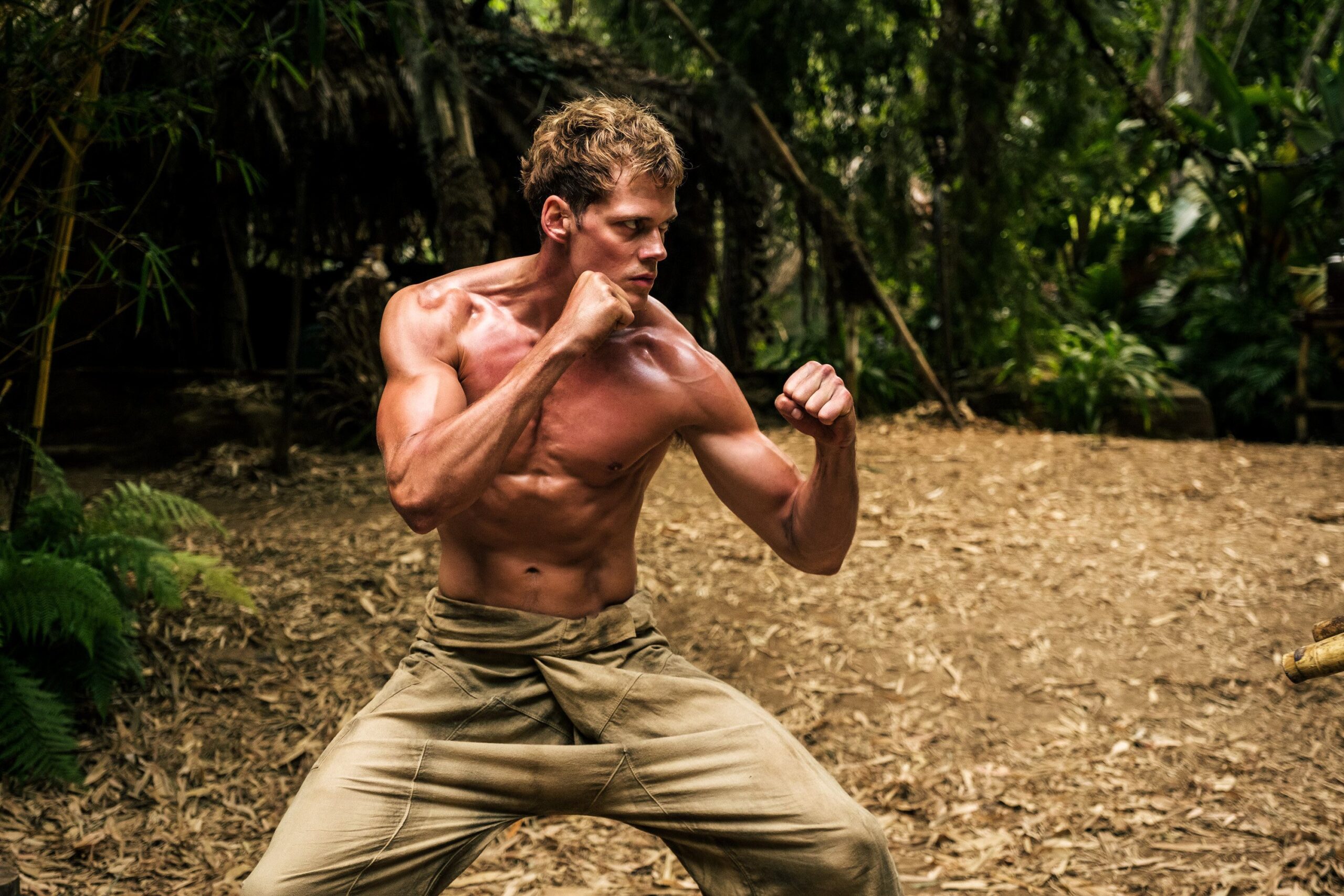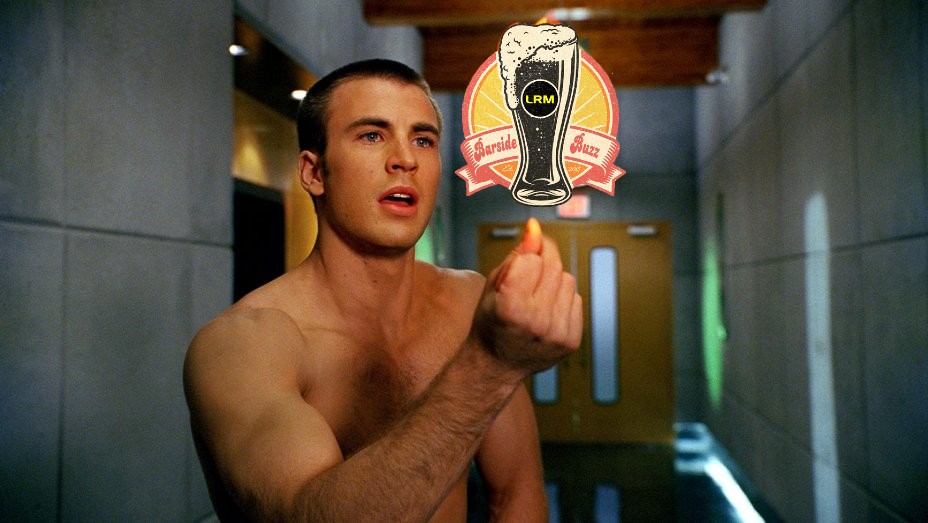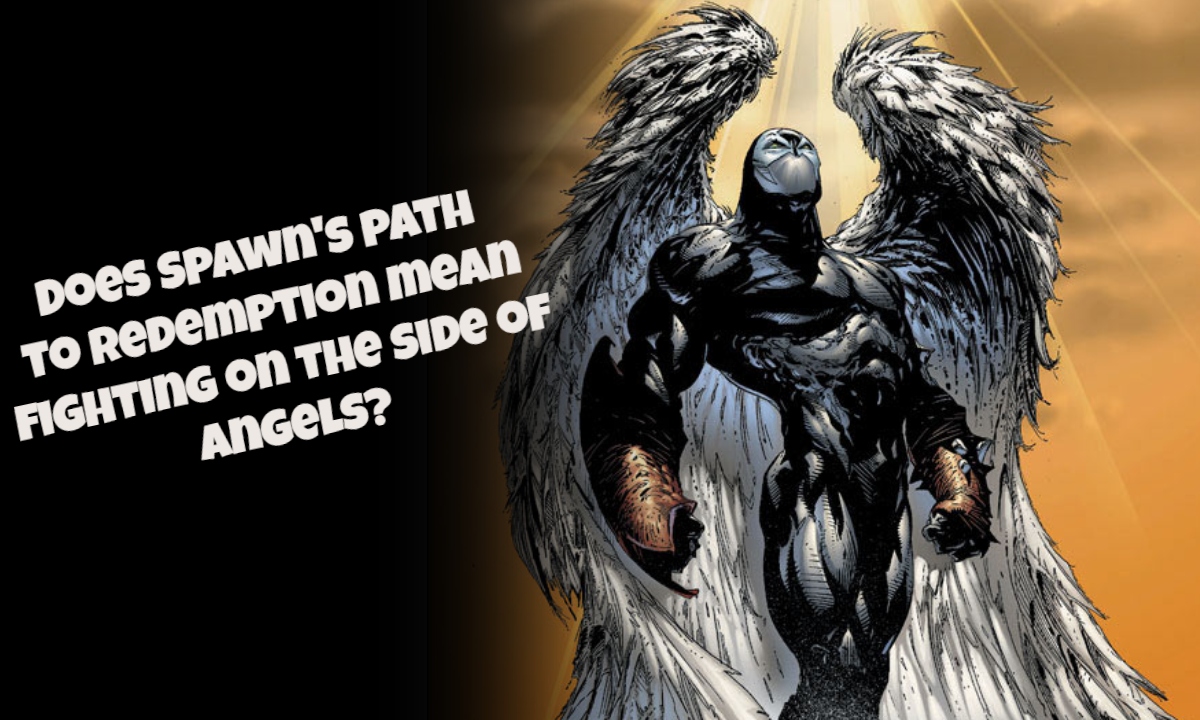Military dramas are challenging prospects for most TV networks and cable channels, and few succeed long term. Military dramas are expensive endeavors, the material can be overly jingoistic, and mainstream audiences may struggle to comprehend the lingo and acronyms that are commonplace within the military. In addition to these broad issues, many past military shows are either too formulaic or don’t sufficiently respect the subject-matter (aka ‘dumbing it down’).
There are also over 20 million veterans living the United States today, and another 2.5 million actively serving. Vets have a love-hate relationship with these shows. Foremost, authenticity and accuracy are a big deals with this audience, and unfortunately Hollywood gets it wrong more often than not (uniforms/appearance, chain of command, rules of engagement, etc.)
Related – The CW Deploys A Trailer For Military Drama Series: Valor
Along comes The CW — known for its vigilante, comic book, and young adult fare — with a new military drama about combat helicopter pilots and special operations called Valor. The series was created by Kyle Jarrow (Lost Generation), a screenwriter and musician with a brother in the military. Jarrow approached Valor with the goal of making something different, which might appeal to both veterans and mainstream audiences. I’ve seen the pilot episode, and Jarrow achieved many of his aspirations; it’s a solid show that gets a lot of the military details right while also defining an interesting “missing in action” narrative.
LRM spoke with Jarrow earlier this week, to get some insight into what it took to get Valor on the air and what he hoped it might achieve:

You’re walking a very interesting tightrope, between evoking the ethos and the spirit of the Special Forces and US Army, but you did it without being too heavy-handed. Could you give us a brief run down of the show and you’re expectations for it?
Jarrow: My brother is a veteran and a big inspiration. I think a lot of the time we do see depictions [of the military] where we don’t get to know the characters… One of the big goals of Valor is to tell the story of a female hero, which feels like it just doesn’t get told enough… In terms of where it goes, the first season sort of follows a rescue mission of soldiers who have been captured, and the other is Nora and Gallo, our pilots, who are really trying to figure out what was going on, really digging into what it turns out is a bit of a conspiracy and really trying to do the right thing and clear their names in the process. Those are the two thrusts that we’re going to follow over the course of the first season.
What was it about the military and this story and these characters in particular that you felt needed to be told?
Jarrow: I think, to me, the questions of integrity and duty and what exactly does it mean to do your duty and what happens when your duty clashes with your morality… However, because being in the military is one of those careers where duty is a huge part of it, I think that theme may be brought into a much starker relief, then it would be in some other arenas. So, I guess I would say that I think there is a universality to some of the themes that we’re dealing with, but it feels like it is a uniquely military story in that it’s about people whose job is following orders and who really are trying to do the right thing, but sometimes that’s not totally clear to them.

Could this story have been told without the military?
Jarrow: One reason that I wanted to tell this story today is because, as you know, increasingly, the United States’ military really focuses on Special Ops, focuses on clandestine covert operations, small operations that the public often doesn’t know about. That’s just how war [functions], for a number of different reasons, probably the biggest of which is that it tends to result in less casualties, which is obviously a really good thing. But that’s kind of a newer in the history of warfare and it feels like it carries with it some really unique challenges when you’re doing that small scale covert operation. It just felt like a uniquely contemporary story to tell.
One of the first things you’re taught in the Army is every Soldier has the responsibility to defy an unlawful order, which you addressed quite effectively in the pilot. Are you working with subject matter experts (SME) to address matters of military authenticity?
Jarrow: [Authenticity] has been a real focus for us to try to get that right… We have two veterans on our writing staff, actually both female veterans. We also have a wonderful [SME], who was in the 160th, which is the aviation Special Ops unit that we fictionalized in this series. He’s a veteran, a helicopter pilot himself, and he’s on set every day, so he helps them with the flying, making sure that that looks real, he helps them with the formations, he helps them with the uniforms, making sure everyone is wearing the right kind of uniform, even stuff down to background extras in uniforms.

Fort McPherson, Al Shabaab, ISIS, and Bowe Bergdahl are mentioned in the pilot. Is specificity of real-world locations and contemporary timelines important to the story?
Jarrow: I’d say that, to the point of authenticity is important to us, just including those details are authentic… You know the mentions of Al Shebaab and ISIS and what’s going on in Somalia, that is all what is going on and it’s so important to be authentic about that in the interest of just having a general sense of authenticity. The other thing is, we talked about what do we show. We don’t know exactly what year it is, it’s probably around now but, as you know, with uniforms and stuff, it’s always changing. The camouflage is changing, all that stuff. So wardrobe apartment needed to know, what year is it? That’s going to really inform what uniforms their wearing. So we made the decision that it’s going to be now, because we had to do what was right for all the uniforms and everything.
Our interview with Kyle Jarrow continues next week, including details regarding how Valor ended-up on The CW and what kind of audience the show hopes to reach. Please check back with us for more of this really interesting discussion.
Have you seen Valor yet or are you planning to watch? Let us know in the comments down below!
Valor airs Monday nights at 9 p.m. on The CW.
Don’t forget to share this post on your Facebook wall and with your Twitter followers! Just hit the buttons on the top of this page.

 FOR FANBOYS, BY FANBOYS
Have you checked out LRM Online’s official podcasts and videos on The Genreverse Podcast Network? Available on YouTube and all your favorite podcast apps, This multimedia empire includes The Daily CoG, Breaking Geek Radio: The Podcast, GeekScholars Movie News, Anime-Versal Review Podcast, and our Star Wars dedicated podcast The Cantina. Check it out by listening on all your favorite podcast apps, or watching on YouTube!
Subscribe on: Apple Podcasts | Spotify | SoundCloud | Stitcher | Google Play
FOR FANBOYS, BY FANBOYS
Have you checked out LRM Online’s official podcasts and videos on The Genreverse Podcast Network? Available on YouTube and all your favorite podcast apps, This multimedia empire includes The Daily CoG, Breaking Geek Radio: The Podcast, GeekScholars Movie News, Anime-Versal Review Podcast, and our Star Wars dedicated podcast The Cantina. Check it out by listening on all your favorite podcast apps, or watching on YouTube!
Subscribe on: Apple Podcasts | Spotify | SoundCloud | Stitcher | Google Play



